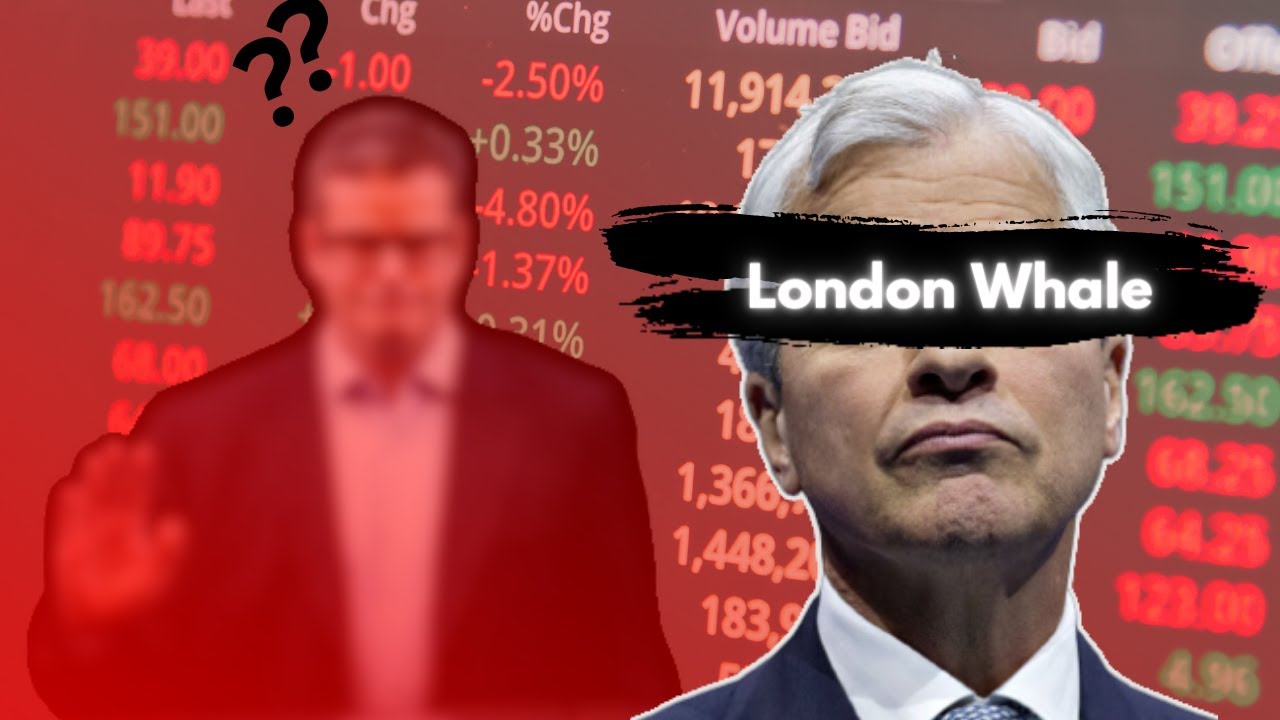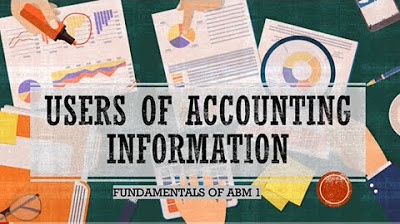Tesco Accounting Scandal 2014
Summary
TLDRThe Tesco accounting scandal of 2014 involved the retailer overstating profits by £250 million due to internal and external pressures. Facing increased competition from Aldi and Lidl, management resorted to manipulating financial reporting by misclassifying supplier payments and withholding funds. The scandal was uncovered by accountant Amit Sahni, leading to a full investigation initiated by CEO Dave Lewis, which resulted in a significant drop in share value and legal action against key executives. Tesco paid hefty fines and revamped their whistleblower policies to prevent future issues, ultimately switching auditors from PwC to Deloitte.
Takeaways
- 📊 Tesco, a multinational grocery retailer, overstated profits by £250 million in 2014 due to internal and external pressures.
- 🏬 The company faced increased competition from discount retailers like Aldi and Lidl, leading to a decline in market share.
- 📉 In 2014, Tesco's market share decreased by 3%, while Aldi and Lidl's market share increased by approximately 4% each.
- 🤝 Hidden agreements with suppliers allowed Tesco to receive benefits in exchange for hitting sales targets, which contributed to the fraud.
- 🗓️ Tesco incorrectly recognized supplier payments in the wrong accounting periods, inflating perceived revenue.
- 🔍 The scandal was uncovered by accountant Amit Sahni, who escalated the issue after initial reports were ignored.
- 👔 The investigation was launched by CEO Dave Lewis, resulting in a significant drop in Tesco's stock price and credit rating.
- ⚖️ Four directors were suspended during the investigation, and charges of fraud are still ongoing against three of them.
- 💰 Tesco faced financial penalties, including £129 million to the Serious Fraud Office and £85 million in compensation to investors.
- 🔄 Following the scandal, Tesco improved their whistleblower procedures and appointed Deloitte as their new external auditors.
Q & A
What was the primary issue in Tesco's 2014 accounting scandal?
-The primary issue was Tesco overstating their profits by £250 million due to internal management pressures and increased competition in the retail industry.
How did competition from Aldi and Lidl impact Tesco's market share?
-In 2014, Tesco's market share reduced by 3% while Aldi and Lidl's market shares increased by approximately 4% each, as consumers responded well to the lower prices offered by these competitors.
What internal pressures contributed to the fraud at Tesco?
-Key personnel were aware that sales targets would not be met, leading to hidden agreements with suppliers to inflate reported revenues and create the appearance of steady commercial income.
What actions did Tesco take to manipulate their accounting?
-Tesco engaged in practices such as recognizing payments from suppliers in the wrong accounting periods and withholding payments owed to suppliers to enhance financial performance.
Who first discovered the accounting issues at Tesco?
-The issue was first discovered by Amit Sahni, an accountant at Tesco, who escalated the concerns after failing to gain traction with the Finance Director, Karl Rajberg.
What was the immediate consequence of the investigation being made public?
-Following the public announcement of the investigation, Tesco's shares dropped by 11.3%, reaching their lowest point in 11 years, and the company's credit rating was negatively affected by Moody's and Fitch.
What were some of the repercussions for the individuals involved in the scandal?
-Forty directors were suspended, and three of them, including Karl Rajberg, Chris Bush, and John Scouler, are currently facing trial for fraud by false accounting and abuse of position.
How much compensation did Tesco have to pay as a result of the scandal?
-Tesco had to pay £129 million to the Serious Fraud Office and an additional £85 million in compensation to investors affected by the scandal.
What changes did Tesco implement after the scandal?
-Following the scandal, Tesco improved their processes, particularly enhancing their whistleblower procedures to protect employees and encourage reporting of potential issues.
Who replaced PwC as Tesco's external auditors after the scandal?
-Deloitte was brought in to replace PwC as Tesco's new official external auditors after PwC had served for 32 years.
Outlines

Этот раздел доступен только подписчикам платных тарифов. Пожалуйста, перейдите на платный тариф для доступа.
Перейти на платный тарифMindmap

Этот раздел доступен только подписчикам платных тарифов. Пожалуйста, перейдите на платный тариф для доступа.
Перейти на платный тарифKeywords

Этот раздел доступен только подписчикам платных тарифов. Пожалуйста, перейдите на платный тариф для доступа.
Перейти на платный тарифHighlights

Этот раздел доступен только подписчикам платных тарифов. Пожалуйста, перейдите на платный тариф для доступа.
Перейти на платный тарифTranscripts

Этот раздел доступен только подписчикам платных тарифов. Пожалуйста, перейдите на платный тариф для доступа.
Перейти на платный тарифПосмотреть больше похожих видео

The Rise and Fall of Enron - The Biggest Scandal in the History of American Finance

Skandal Akuntansi ini Gila, tapi Banyak Orang Ga Tahu!

JP Morgan Chase and The scandal of London Whale

How An Italian Milk Conglomerate Became The Enron of Europe

FABM1: Users of Accounting Information INTERNAL & EXTERNAL. BAKIT BA NILA KAILANGAN ANG FS??

Why Tesco Failed In The United States
5.0 / 5 (0 votes)
